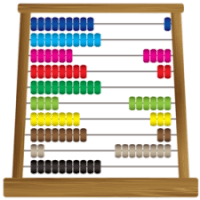Laminine adalah produk yang menyediakan nutrisi penting untuk tubuh dalam beberapa cara yang dinamis. Memberikan Asam Amino yang “Vital” untuk tubuh, Terdiri dari 22 Asam Amino yang di butuhkan untuk memproduksi lebih dari 60.000 protein di dalam tubuh.
Laminine Juga mengandung Faktor Pertumbuhan (Growth Factor) yang berharga, yaitu “Fibroblast Growth Factor” yang membantu otak memberikan arahan kepada tubuh untuk menyembuhkan dirinya sendiri. Karena nutrisi vital yang di butuhkan sering terganggu akibat dari cara kita memasak makanan, makanan yang di olah berlebihan. Ini penting untuk memberikan komponen-komponen lengkap ke dalam tubuh kita pada tingkat dimana tubuh kita membutuhkannya untuk menjaga kesehatan dan bahkan memberdayakan tubuh kita untuk menyembuhkan dirinya sendiri.
Laminine seperti “adaptogen”
Menguatkan yang Lemah dan Mengisi ke Kosongan di dalam Tubuh
Menguatkan yang Lemah dan Mengisi ke Kosongan di dalam Tubuh
DOSIS PROTOKOL
Tahap Pertama (2 Minggu Pertama)
Tahap Pertama (2 Minggu Pertama)
- 2 Kapsul Pagi
- 2 Kapsul Malam
Tahap selanjutnya (Minggu Berikutnya)
- 1 Kapsul Pagi
- 1 Kapsul Malam
Untuk hasil maksimal, konsumsi Kapsul Laminine dilakukan 30 menit sebelum makanatau 2 jam setelah makan.















